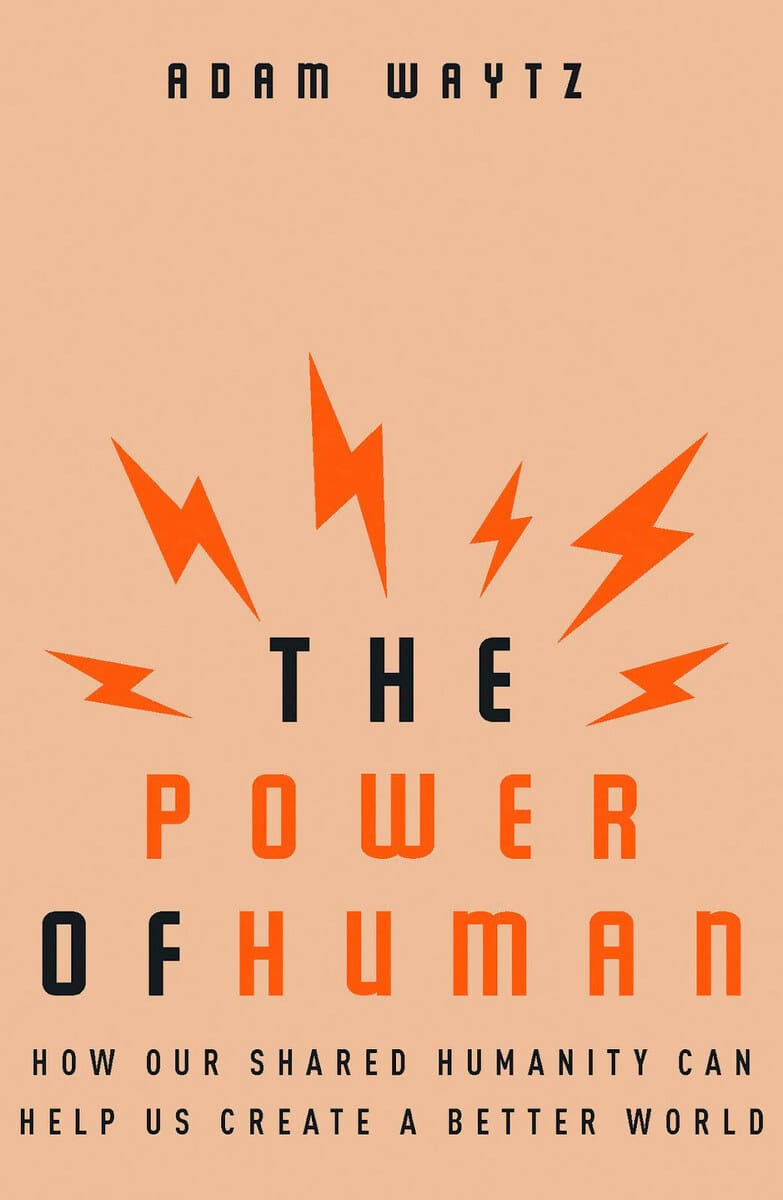
I recently came across a study, published in Harvard Business Review, which talked about why busyness has become a success metric in our both personal and professional lives over the last few decades and somehow people cherish it. Adam Waytz’s book “The Power of Human” is on my bucket list now to read.

This is in some ways one of the leading factors for “time poverty” experienced by many of us where we are busy doing many things, managing “crazy schedules” but less and less seems to get done at the end of the day.
The study looked in various reasons why being busy is positively looked at:
Being busy is considered as a status symbol (historically)
“Effort justification” where harder the people work to achieve something, more they value it (psychological factor)
Working hard (or being busy) is considered as morally admirable by others (social perception) especially in countries like USA, France and South Korea
Now this has a direct impact both on personal and corporate productivity as “workers go on automation mindlessly” by following certain established norms or scripts which, once established in company culture, tends to persist over the long term.
“Business has become a status symbol. People also consider those who exert high effort to be “morally admirable”, regardless of their output.”
This influences manager’s perception of workers performance and subsequent promotions that get influenced by it. Now this can be quite significant, in my view, if it stays unchallenged where over time more and more employees get promoted based on “perceived hard work” rather than measured against actual output.
This could shift both company culture in terms of how employees perceive internal company values, and alter their work behaviours. And also reduces time available for high output work which Cal Newport covered in depth in his book “Deep Work”, which I would highly recommend, and not to mention level of exhaustion and burnout rate that adds up over a longer period of time.

This study also covered some suggestions for managers and leaders regarding how to shift from the “busyness trap” by:
Rewarding output, rather than activity as part of performance reviews
Allowing and encouraging time for deep work to improve core productivity
Encourage work-life balance for employees to disconnect from work
In the above mentioned suggestions, while working at Facebook, rewarding output was a key theme during the performance reviews. And as an employee, I would write my performance review not necessarily as a list of the set of activities I performed during the 6-12 months period but rather what were key outcomes of my work. This framing was very useful as it enabled me to focus on impact and output from the very beginning whenever I took on a new project.
Some key bits of statistics that were shared in the study which I found very interesting e.g.:
When people asked “how are you?”: 8 out 10 people replied “busy”
80% of employed Americans reporting “never had enough time”
People tend to keep themselves busy rather than wait idly for 15 mins
Performance based pay increases worker productivity by 44%
Multitasking reduces productivity by 40%
These statistics point to a certain pattern that we, as humans, might have a tendency to keep ourselves busy that might give us psychological satisfaction and it's easy to overlook the outcomes of the work we might be doing or too many things we might be trying to do.
My key takeaway from this study was that rather than using busyness as a measure of productivity, I would instead look at potential output and value generated from the projects I take on in the future. And to make sure in keeping dedicated time for distraction-free deep work which is equally important to grow both personally and professionally.
Further reading:
The Power of Human by Adam Waytz
Deep Work by Cal Newport
The Mindless of Organizational Behaviours by Blake Ashforth and Yitzhak Fried